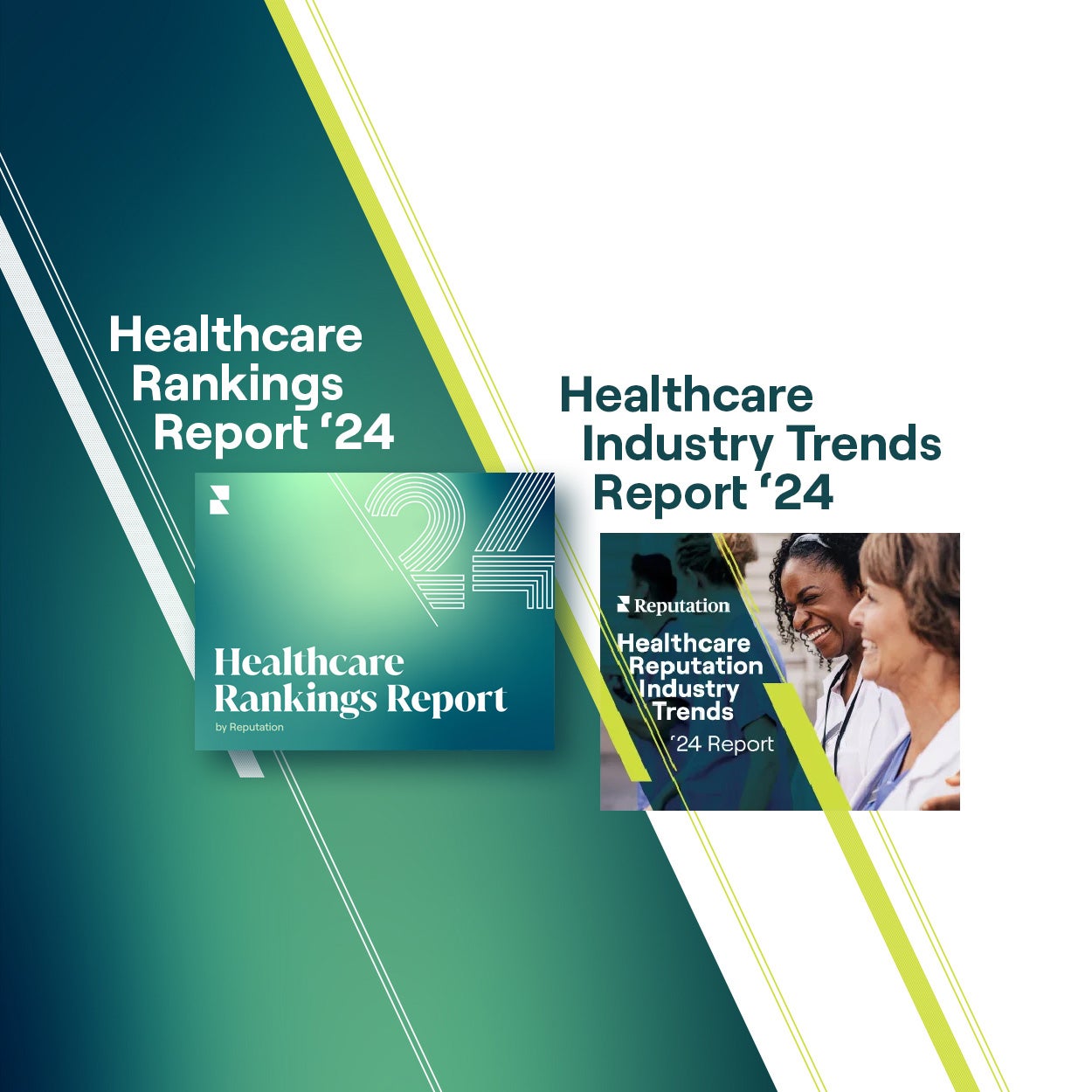Review Management Best Practices for Your Senior Care Community
Adam Dorfman

The best-case scenario for selecting a senior care community for a parent or other loved one is getting first-hand, word-of-mouth accounts of what it’s like to live in the facility.
Since that’s not always possible, online reviews serve essentially the same purpose for people researching senior care community. Forty-two percent of adults in the 55-64 age group are “significantly” influenced by online reviews when choosing facilities for their parents.
Review management for senior care community is no longer optional for long-term success. Managing reviews is now mandatory to compete effectively for families who want to choose the best home for their loved ones. Here’s how to do it.
1) Get More Senior Care Reviews

More reviews paint a clearer picture than sporadic reviews.
Google’s search algorithm considers online reviews when ranking websites for search results. The more reviews your facility has, the more favorably it will fare in online search results.
More importantly, more reviews provide online researchers with a clearer picture of what life is like in your senior care community. You can generate more reviews by asking for them, so train customer-facing staff to regularly ask for reviews from residents and their families. People are willing to provide reviews when asked, and the best time to ask is while their experience is fresh in their minds.
Download our ebook “Getting Started with Online Reputation Management” to learn more about review management and other aspects of online reputation management.
Related: Handling Emotional Senior Care Reviews from Family Members
2) Respond to reviews – especially the negative ones.
Having reviews isn’t the whole story, however. Responding to reviews is equally important. Here are some key best practices to implement:
- Respond to all negative reviews, but also respond to positive ones, thanking reviewers for their feedback.
- Look for details in reviews that help you add context to reviewer experiences and understand best how to respond or make improvements.
- As much as possible, keep strong emotions out of your responses and try to evaluate complaints with objectivity.
- When a review highlights a problem, respond directly and offer to take the discussion offline. Offer direct contact information and communicate one-on-one to get to the bottom of the complaint.
- Don’t use “canned” review responses. Respond individually and uniquely.
- Where possible, fix problems referred to in reviews. This can prompt reviewers to submit newer, more positive reviews.

Social media management is another key element of strong online reputation management.
3) Create transparency.
Every business’s reputation depends on transparency with customers. People never want to feel that the businesses with which they interact are hiding something. This is particularly true for highly personal, high-touch businesses like senior care communities. Online reputation management practices that increase transparency help ensure your reviews are read in an informative context that gives readers a clear understanding of your facility.
Ensure your facility’s business listings and directory listings are current and accurate, and that information in them matches what’s on your website. Stream online reviews directly to your website to make it more informative and transparent to online researchers.
4) Use Social Media to Your Advantage
Build a strategic social media presence by posting on social media and engaging with people on social media sites. This requires regular, committed effort, but the benefits to your online reputation and brand transparency are well worth it.
Fortunately, you don’t have to switch from platform to platform to take care of social media engagement, as long as you have the right social media tools that allow you to manage all platforms from a single dashboard. You can even use these tools to schedule posts in advance and allow technology to take care of the actual social media posting. This way, you have more time to monitor responses and engage directly with social media users.
Senior care reviews are vital to consumers’ decision-making and to your business reputation, so it’s essential that you manage them effectively. Download our 5-Step Guide to Improving Your Online Reputation today.


